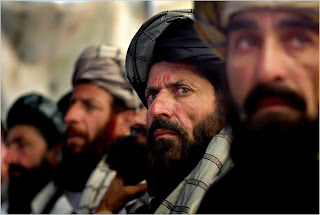 Thank you.
Thank you.Encore!!! haha~
(This crown the girl weared in the picture is similar to what I weared in the play of Hamlet.)
It is the end of the ISP.
Today we have finished all the presentation and handed in the ISP essay. Though it was a hard work for us to do as well as it took much time and energy for us to do the reserach, I really aprreciated that Ms. Vetuna gave us the chance to improve our learning ability. We did lots of research and selected useful information. While reading the original english novel, it also provided us a chance to enlarge my vocabulary.
As I mentioned before, I wrote my essay about the hero's journey in the Kite Runner. In a sense, I thought myself had just finished the hero's journey. :P
The call is to read the book and finish the ISP task well.
The helper in the Threshold is Mr. Venuta, espeically the conference with her.
The challenges is that I had lots of work to do, such as searching information and finding second resources.
The Abyss may be that when I had to do other reports and much homework for other courses, even had 3 tests in a busy week, but I still had to handle the ISP!
The transormation and revelation happened when I finished all the reading and got some valuable points about the books.
The Atonement may be when I found that I forgot to update the blog for some time, from that day on, I tried my best to make my blogger more informative as Ms. Vetuna suggested.
The return is that I finished the ISP task and I returned to everyday study life and prepare for my final exam. I returned to study with my new independent learning ablity, which I gained from the ISP learning.
Consequently, I am happy to say that I complete my hero's journal. (LOL~)
After the hero's journey, I had formed the ability of independent reading.
I still remember that when I did some research in the library, a kind woman said that the Kite Runner is a good book and I suggest you to read his another novel: A thousand Splendid Suns, it is better than the kite runner.
I think I would read A thousand Splendid Suns in my short semester.
It is a new begining for the my personal reading.
Encore. Once agian.




































